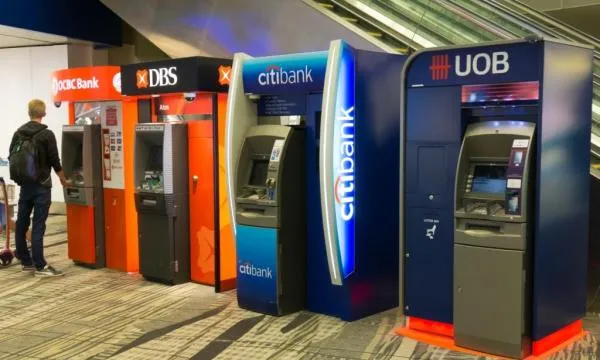
Unified QR code boosts Singapore banks' cashless agendas
Lenders are poised to enjoy wider market reach and public acceptance.
The roll-out of the world’s first unified QR code in Singapore is a big boost for the city’s top banks who have long jumped on the cashless bandwagon and are now reaping the rewards of their proactive tech investments.
As the mobile payment schemes of DBS, OCBC and UOB have the widest reach amongst the 27 mobile payment scheme operators in the city state, they will benefit from wider public acceptance and usage, according to Moody’s Investors Service.
Launched September 17, the Singapore Quick Response Code (SGQR) will progressively adopt 27 payment schemes including PayNow, GrabPay, Liquid Pay, NETS and Singtel DASH, simplifying the payments process for consumers and slashing time for payment processing.
“Increased adoption of e-payments systems will support the three Singapore banks’ profitability by reducing the associated costs of handling cash. Adoption will also widen the banks’ net to capture new fee income arising from the shift to the banks’ mobile e-payment systems,” the ratings agency said in a statement.
Also read: Singapore to be cheque-free by 2025
Usage of mobile payments in Singapore has been steadily growing to 53% in 2017, a take-up significantly higher than that of Hong Kong (41%), United States (23%) and Australia (14%), according to market research firm J.D. Power.
The consolidated QR code is also a plus for merchants as it presents a easier and affordable substitute for debit or credit card acceptance terminals since the system only requires a storefront sticker.
A few risks to banking profitability, however, linger as consumers may opt to switch from bank-issued cards to fintech payment channels in addition to the possibility of lowering fees to reduce merchant discount rates.






![Lorem Ipsum [ABF 1]](https://cmg-qa.s3.ap-southeast-1.amazonaws.com/s3fs-public/styles/exclusive_featured_article/public/2025-03/a_hand_pointing_to_a_futuristic_technology_5b87c9d0e3_1.png.webp?itok=2w0y1WhS)


![Cross Domain [Manu + SBR + ABF + ABR + FMCG + HBR + ]](https://cmg-qa.s3.ap-southeast-1.amazonaws.com/s3fs-public/styles/exclusive_featured_article/public/2025-01/earth-3537401_1920_4.jpg.webp?itok=WaRpTJwE)








 Advertise
Advertise

